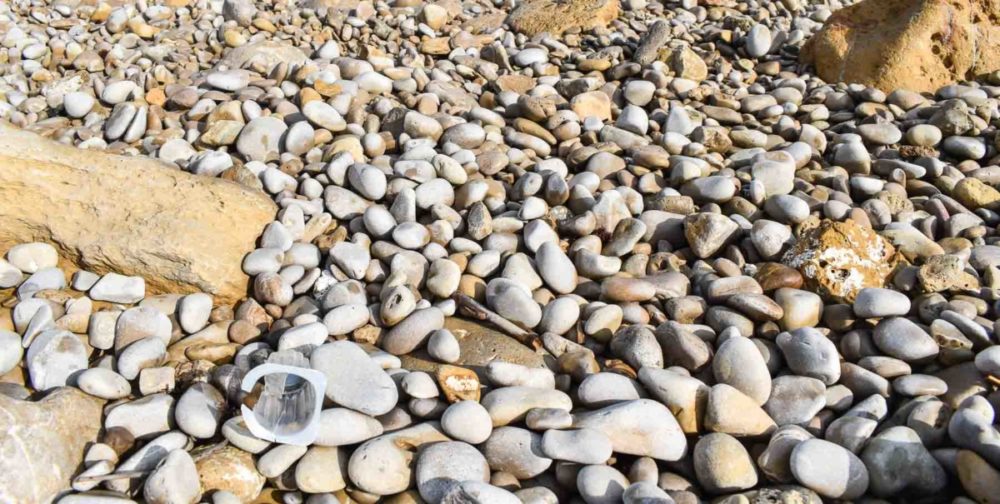Plastics in the sea: everyone’s responsibility


The footprint of manhood in the sea has long been evident, but during recent years the problem has reached unsustainable extremes. From the Club we would like to contribute to the reduction of the presence of this material in the marine ecosystem. For this reason, we publish this article.
Plastic was invented in the late 19th century, but it was not until the mid-20th century that large-scale production began. The culture of disposable products started, a way of consuming, which although it started relatively late, has caused and still causes alarming consequences. Plastic needs between 500 and a thousand years to disappear, so the volume of waste does not stop increasing.
The problem is especially threatening to ocean ecosystems. Some data:
- Every year about eight million tons of plastics are introduced into the sea.
- Every minute, a plastic truck is dumped into the sea.
- Plastic constitutes 90% of all the waste found in the sea.
- At this rate, it is estimated that in 2050 there will be more plastic than fish.
A danger to the sea, its inhabitants and humans
We have all seen images of plastic islands in the oceans. They are areas where there is more plastic in suspension than plankton. The largest is in the Pacific and is larger than the United States.
The consequences, however, go further. Plastic waste ends up entering the food chains of the marine ecosystem. More than a million seabirds and about 100,000 mammals lose their lives each year. Many die asphyxiated or mutilated because they get trapped in plastics. Others, because they ingest microplastics, the smallest particles. The introduction of plastic in the food chain is also a risk to human health.
Economically it is also unsustainable. The cleaning of the 50,000 km of coastline and beach in Europe has an annual cost of between 194 and 630 million euros. It causes damages and losses in the European fishing sector of around 61.7 million euros per year and also damages the nautical sector.
Currently 14% of the plastic waste produced worldwide is recycled and only 2% is reused.
A new culture
For all these reasons, it is necessary to radically change the production, use and management of plastics globally. In this sense, the role of the consumer is also key. Choosing what we buy, how we transport it and what we do with the resulting plastic, which obviously we will not throw into the sea, is a small contribution to continue enjoying the sea. Some advices:
- Reduce the use of plastic bags:
- Use reusable cloth bags, which are already offered by many stores or a shopping cart.
- Use cloth or paper bags to transport the bread.
- Use lunch boxes or tuppers to store and transport food instead of wrapping in plastic or aluminum foil.
- Reuse to the maximum the plastic bags that we already have at home.
- Reduce the use of plastic packaging:
- Avoid single-use plastic containers and products such as plastic cups or cutlery.
- Avoid buying plastic bottles if you can transport the liquid in flasks or reuse another bottle.
- Drink tap water when possible or choose larger capacity containers.
- Do not buy products packed in plastic unnecessarily. It is preferable, if we can, to buy in bulk.
- Reuse or give a new use to the containers.
- Recycle the containers if we don’t find another utility. In the Club you will find several ecological islands where you can recycle waste according to its type.
We protect the sea to continue enjoying it … Can you help us?



























